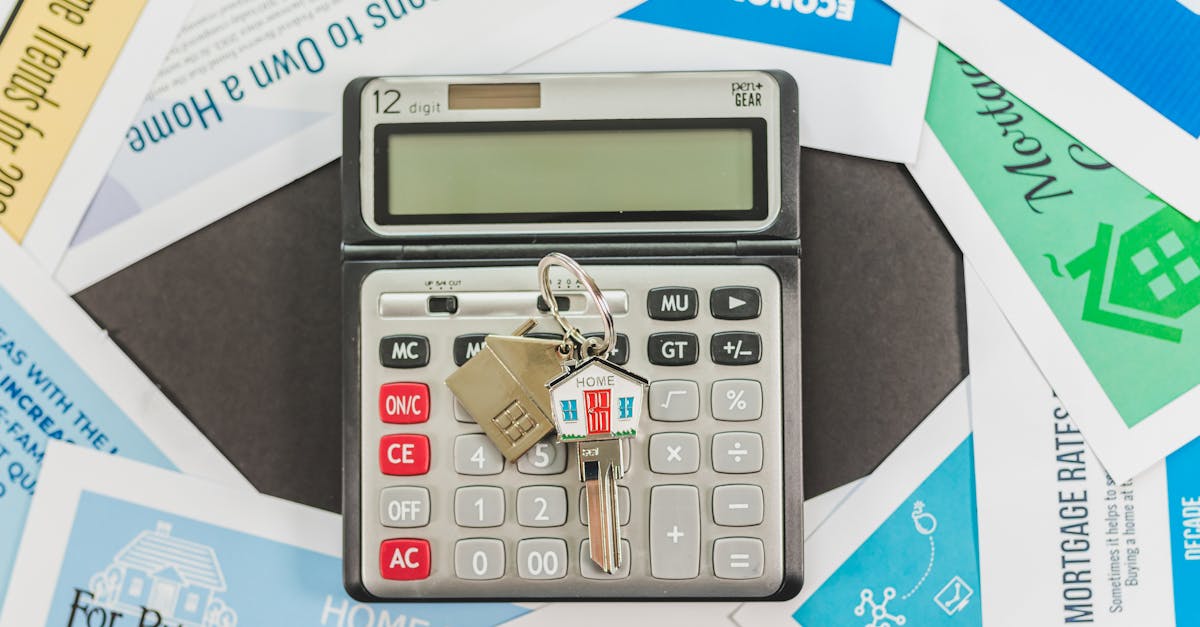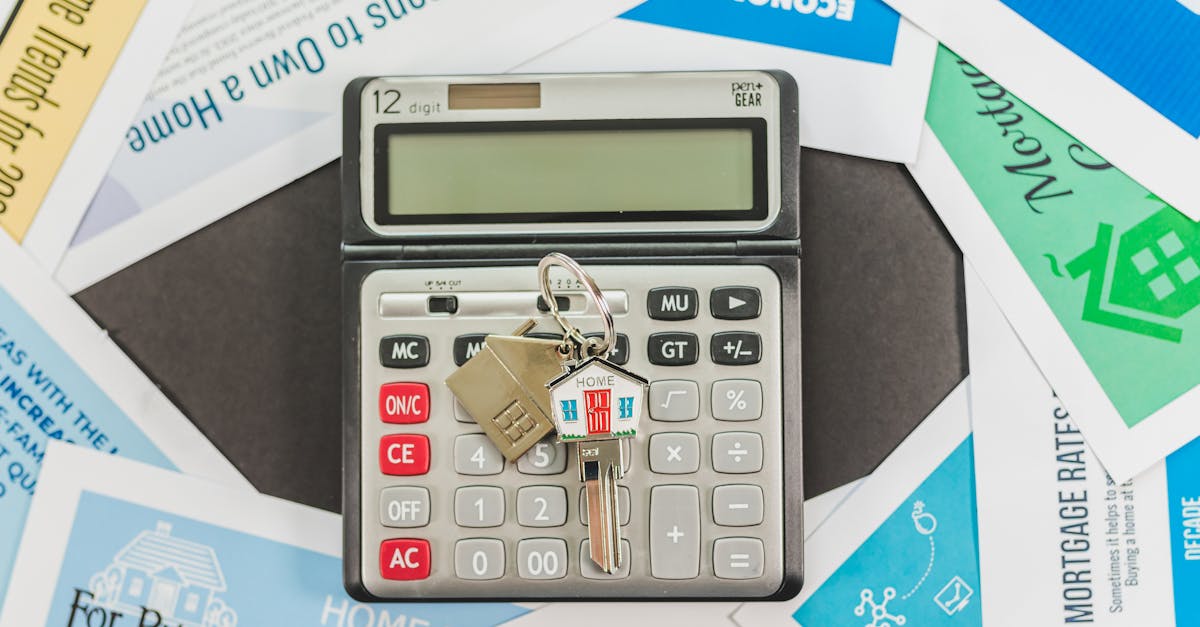Buying Your First Home Tips for Beginners
Introduction: Embarking on the Home-Buying Journey
Buying your first home is an exciting milestone, marking the start of a significant chapter in your life. However, the process can seem overwhelming, filled with numerous decisions and potential pitfalls. From understanding your budgetary constraints to choosing the right neighborhood, there's a lot on your plate. It's essential to approach this journey with a clear head and well-laid plans. The housing market is vast, offering a spectrum of choices that can either delight or confuse first-time buyers. This article aims to guide you through key steps and tips to ensure a smoother, more informed home-buying experience.
Advertisement
Getting Your Finances in Order
Before diving into home viewings, it's crucial to have a firm grasp of your financial situation. Begin by calculating your annual income and existing debts to determine your borrowing capacity. Getting pre-approved for a mortgage is advisable, as it gives a clear idea of your budgetary limits. Remember to account for other costs like property taxes, homeowners insurance, and maintenance that come with purchasing a home. A healthy credit score greatly influences mortgage terms, so consider reviewing your credit report for any discrepancies. Lastly, build a savings buffer for an emergency fund to support you in unforeseen circumstances.
Advertisement
Researching the Right Neighborhoods
Choosing the right neighborhood is as important as picking the house itself. Different areas offer varying lifestyle benefits and drawbacks, so prioritize your must-haves, be it proximity to good schools, access to transit, or safety concerns. Research potential neighborhoods online and take time to visit them at different times of the day. Talk to current residents to gain insights into the community vibe. Keep an eye out for future developments planned in the area that could influence home values. Ultimately, select a location that aligns with your current needs and long-term aspirations.
Advertisement
Making a Reasonable Offer
Once you've found your ideal property, it's time to make an offer. Begin by studying the local real estate market to gauge fair pricing standards and trends. Collaborate with a real estate agent to evaluate comparable home listings and recent sales in the area. Sometimes, it might be beneficial to include contingencies based on home inspections or financing approvals in your offer. Additionally, prepare yourself for negotiations, as counteroffers can be a part of home-buying dynamics. Finally, ensure your offer is both competitive and reasonably reflects the home's value.
Advertisement
Navigating Home Inspections and Appraisals
After having your offer accepted, scheduling a home inspection is the next critical step. A thorough inspection can uncover potential issues that could necessitate costly repairs. It gives you a chance to renegotiate, request repairs, or even walk away if the problems are significant enough. Appraisals are equally important, validating the property's market value to assure both you and the lender. Note that discrepancies between the appraised value and the selling price might affect your loan approval process. Understanding these intricacies can help protect you from future financial burdens.
Advertisement
Understanding Legalities and Closing Processes
The final stages of the home-buying process can be thick with paperwork and legal obligations. Engage a trustworthy real estate attorney to help you understand the contracts and title deeds fully. Learn about different types of insurance policies, such as title insurance, which shields against ownership disputes. The closing process itself can be stressful, so it's vital to keep organized records of all forms and communications. Be prepared to pay closing costs, which typically encompass loan origination fees, title searches, and insurance payments. Thoroughly review all documents before signing to ensure you don't encounter late-stage surprises.
Advertisement
Making Your New House a Home
Congratulations! Once the closing procedures are finalized, it's time to make your house your own. Start by changing the locks for added security and updating your address with the post office and essential institutions. Create a checklist of immediate repairs or changes you want to make, prioritizing factors that affect livability and safety. As you settle in, embrace the opportunity to personalize your space, whether it's through decoration or landscape changes. Remember, turning a house into a home is an ongoing process, reflective of your personal tastes and lifestyle changes.
Advertisement
The Role of Real Estate Agents
A reliable real estate agent can be your best ally throughout this journey. Their market insights and negotiation skills save both time and money. They help in identifying suitable homes, explaining market trends, and facilitating viewings. When perplexed by legal jargon, they serve as clarifiers simplifying even the most technical details. Their expertise in local areas provides thorough knowledge unavailable online. Therefore, choosing an agent with whom you feel comfortable and communicates openly is vital in smoothing your path to homeownership.
Advertisement
Utilizing Online Resources and Tools
Today's digital age offers a plethora of resources designed to simplify the home-buying experience. Websites like Zillow and Realtor.com enable you to explore properties and neighborhoods virtually from home. Mortgage calculators assist in planning finances, while online reviews provide essential insights into real estate agents. Make use of virtual tours as a preliminary step before visiting properties. Moreover, real estate apps offer the convenience of on-the-go updates on property listings and market conditions. Embrace these tools to make informed decisions with speed and effective time management.
Advertisement
Conclusion: Bridging Dreams to Reality
Buying your first home is a rewarding journey that turns dreams into reality. By taking calculated steps, from studying your finances to understanding neighborhood nuances, you lay a solid foundation for successful homeownership. Each phase, though challenging, offers learning opportunities vital for future ventures. Remember that patience is a virtue—rushing through this process can lead to regrettable decisions. Equipped with knowledge, planning, and the right support, you're well-off on your way to finding a home where moments and memories can truly flourish.
Advertisement


